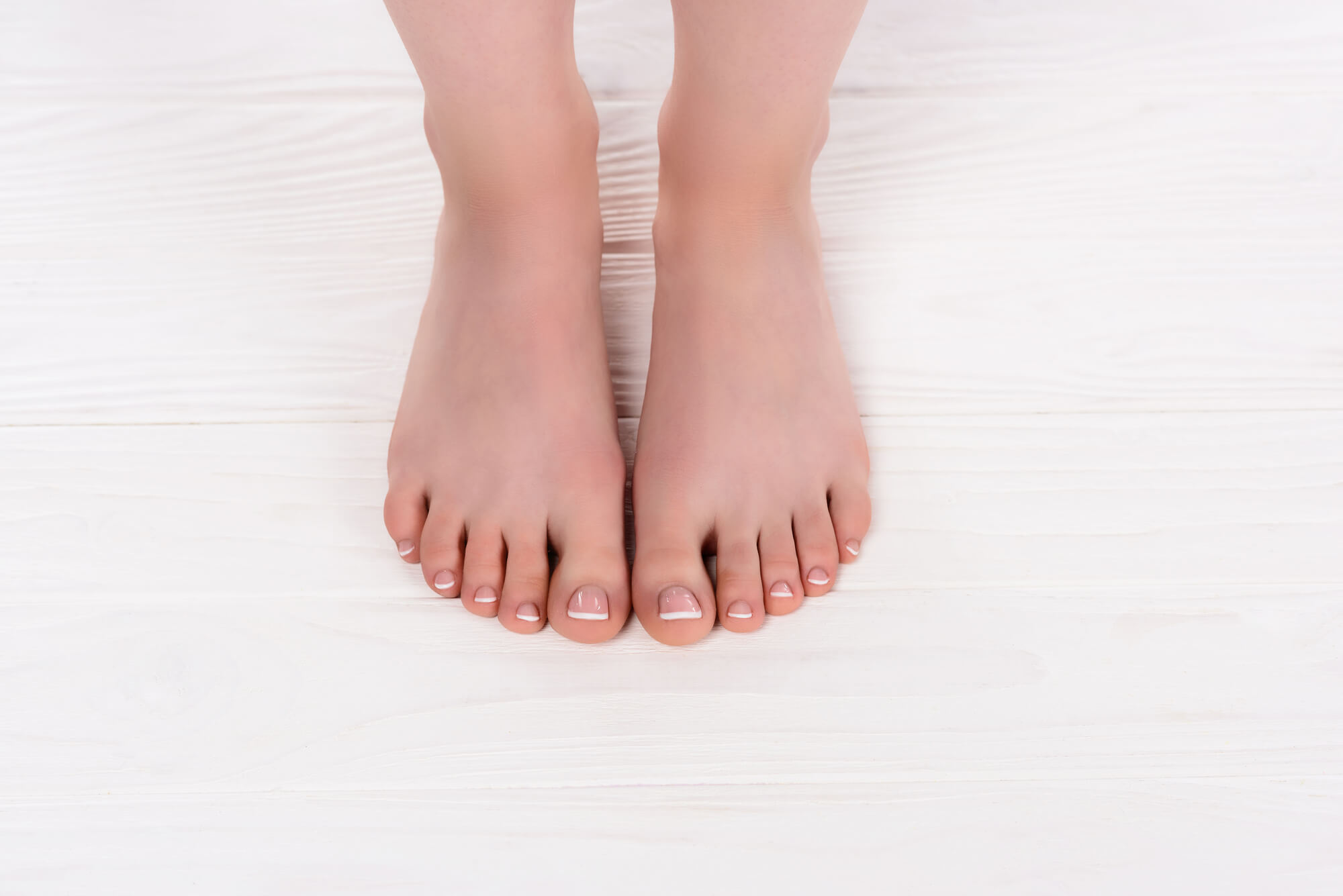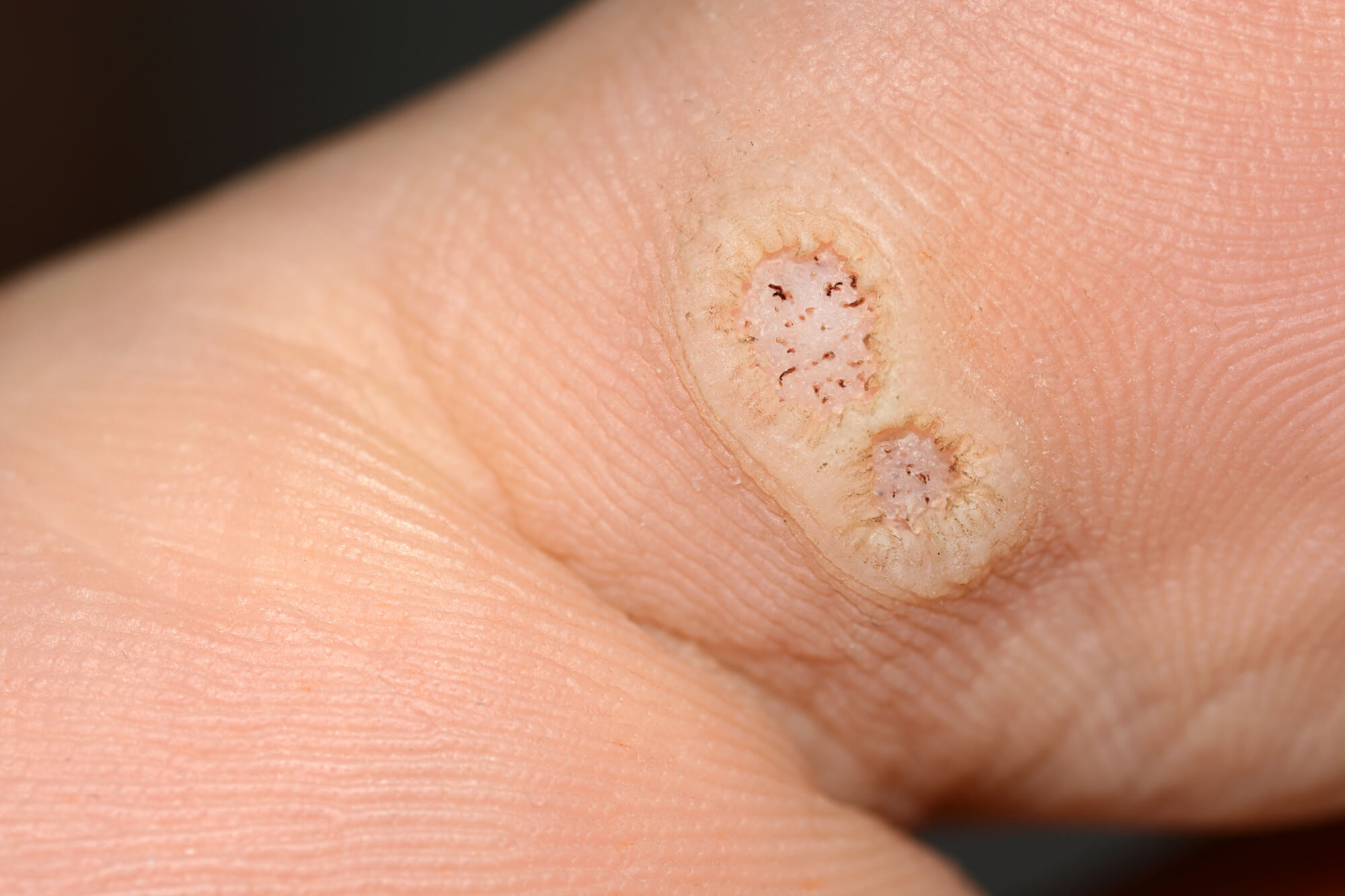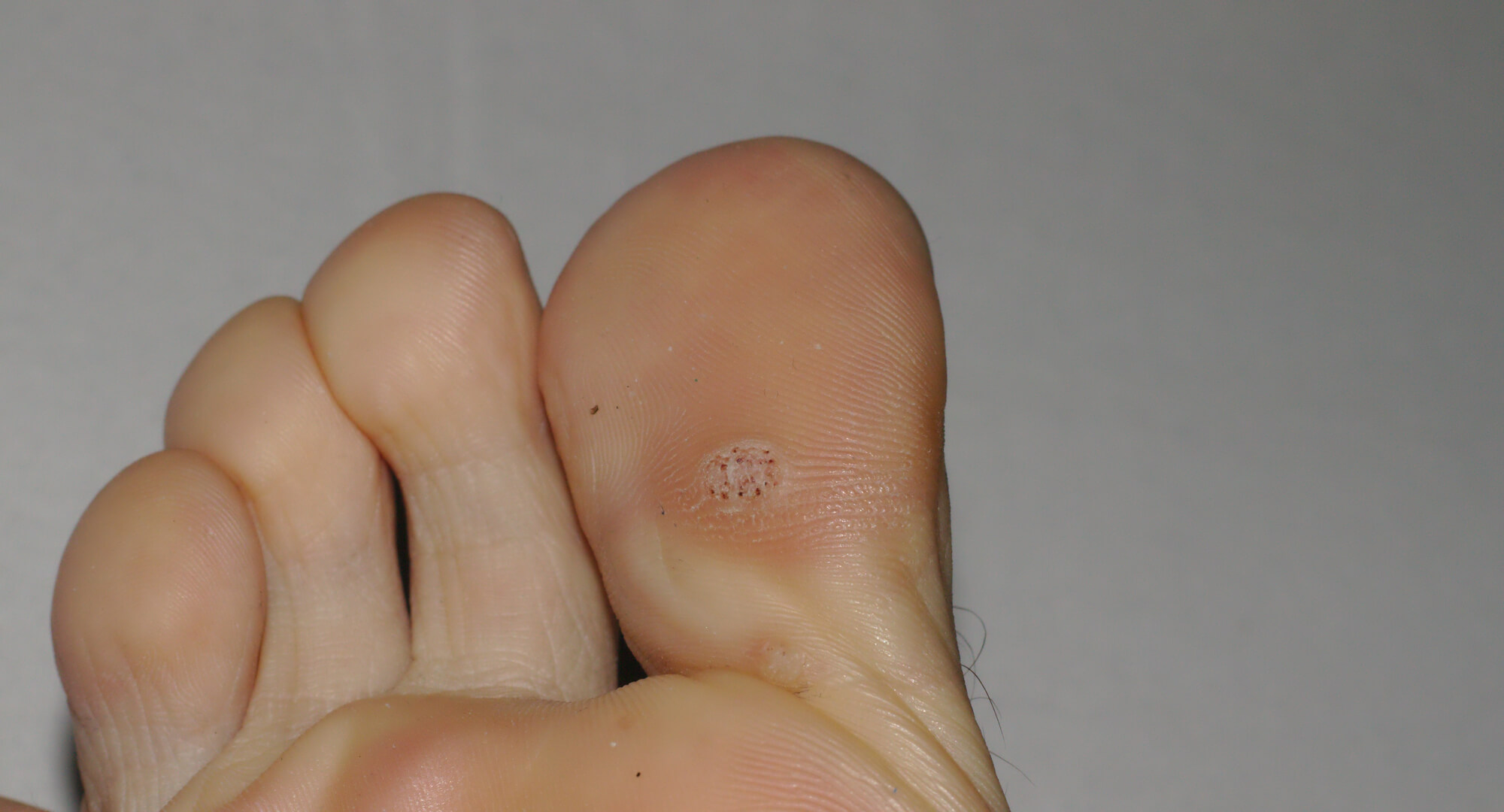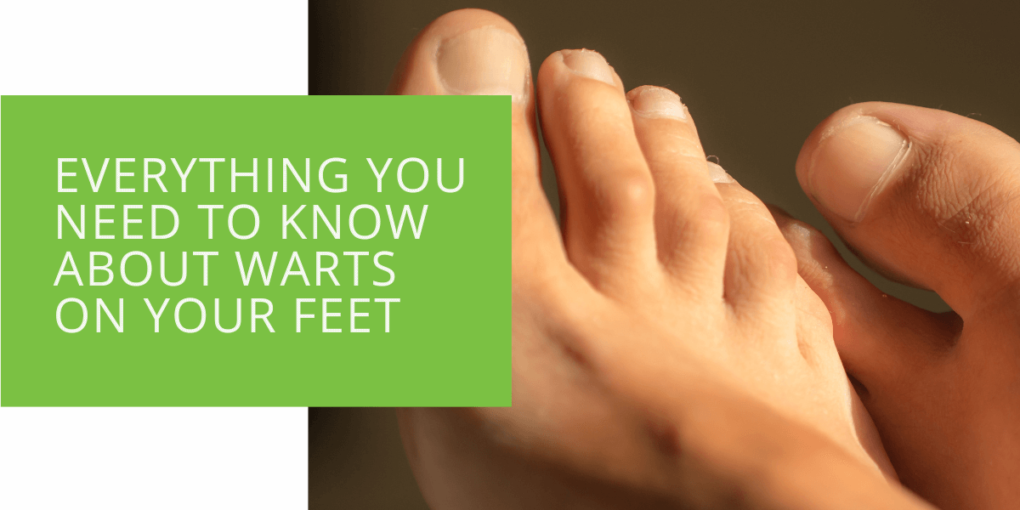Everything You Need to Know About Warts on Your Feet
Warts on the feet, also known as plantar warts, are small, benign growths that can cause discomfort and embarrassment. These warts are caused by the human papillomavirus (HPV) and are contagious, meaning they can be transmitted through contact with an infected person or surface. While warts can occur anywhere on the body, they are particularly common on the soles of the feet.
In this article, we will delve into the causes, symptoms, prevention methods, and treatment options for warts on the feet. We will also discuss when to see a doctor for treatment and how to keep your feet healthy and wart-free. So, if you want to know everything there is to know about warts on the feet, keep reading.
What are Warts on the Feet?
Warts are caused by infection with HPV, a highly contagious virus that can be transmitted through contact with an infected person or contact with a surface or object contaminated with the virus. There are more than 100 different strains of HPV, and different strains can cause different types of warts. Plantar warts, which appear on the sole of the foot, are caused by strains of HPV that typically infect the skin through small cuts, abrasions, or other breaks in the skin.
Plantar warts are benign growths that typically appear as hard, grainy bumps on the skin. They may be flesh-colored or have a brown or grayish hue. Plantar warts may be painful when walking or standing, as they tend to grow inward into the skin rather than outward like other types of warts. Multiple warts may cluster together and form a mosaic pattern.

Symptoms of Warts on the Feet
The main symptom of plantar warts is the presence of hard, grainy growths on the skin. These growths may be painful when walking or standing, as they can put pressure on the skin and underlying tissues. Plantar warts may also be accompanied by other symptoms, such as:
- A burning or itching sensation on the affected area
- Redness or swelling around the wart
- Thickened or rough skin on the sole of the foot
Plantar warts may be more difficult to detect than other types of warts, as they tend to grow inward into the skin rather than outward. This can make them more difficult to see and feel. However, plantar warts are usually easy to recognize due to their hard, grainy appearance and the pain they may cause when standing or walking.

How to Prevent Warts on the Feet
You can take several measures to reduce your risk of developing warts on your feet. These include:
- Practicing good hygiene: Washing your hands regularly and avoiding sharing towels, socks, or shoes can help reduce your risk of HPV infection.
- Wearing flip flops or sandals in communal areas: Wearing shoes or sandals in areas such as pool decks, locker rooms, or shower facilities can help protect your feet from exposure to HPV.
- Avoiding walking barefoot in public places: Walking barefoot in public places increases your risk of exposure to HPV, as the virus can be transmitted through contact with contaminated surfaces.
Treatment Options for Warts on the Feet
Several treatment options are available if you develop warts on your feet. These include:
- Over-the-counter topical medications: Several over-the-counter medications are available that contain salicylic acid, which can help soften and remove warts. These medications are usually applied to the wart daily until the wart disappears.
- Prescription topical medications or injections: Your doctor may prescribe a stronger medication or inject the wart with a chemical solution to kill the virus and cause the wart to disappear.
- Cryotherapy: Cryotherapy involves freezing the wart off with liquid nitrogen. This treatment is typically performed by a podiatrist or dermatologist.
- Surgical removal: In some cases, a podiatrist or dermatologist may recommend surgically removing the wart. This may be done using a scalpel or other surgical instrument to cut away the wart and surrounding blood vessels carefully.
- Home remedies: Some people may try using home remedies to treat warts on their feet. One popular remedy is using duct tape to cover the wart for several days. Another option is applying salicylic acid to the wart daily until it disappears. It's important to note that while these remedies may work for some people, there is no scientific evidence to support their effectiveness, and they may not work for everyone.

When to See a Doctor for Warts on the Feet
Warts on the feet are usually not a serious concern and will often go away on their own without treatment. However, you should see a doctor if:
- Your wart is large or painful: Large warts or warts that are causing significant pain may require treatment to reduce discomfort and improve your quality of life.
- Your wart is spreading or not responding to treatment: If it is spreading or not responding to treatment, it may be necessary to see a doctor for further evaluation and treatment.
- You have a weakened immune system: If you have a condition that weakens your immune system, such as HIV or diabetes, you may be more prone to developing warts and may need to see a doctor to ensure proper treatment.
Conclusion
Warts on the feet can be unsightly and uncomfortable, but they are generally not a serious concern. With proper treatment, most warts will go away on their own or with the help of a podiatrist. It's important to practice good hygiene and see a doctor if your wart is not responding to treatment or is causing significant pain. Following these tips can help keep your feet healthy and wart-free.
FAQ
Are warts on your feet contagious?
Yes, warts on the feet are contagious and can be transmitted through contact with an infected person or surface. It's important to practice good hygiene and avoid sharing towels, socks, or shoes to reduce the risk of HPV infection.
What does a foot wart look like?
A foot wart typically appears as a hard, grainy bump on the skin. They may be flesh-colored or have a brown or grayish hue. Foot warts may be painful when walking or standing, as they tend to grow inward into the skin rather than outward. Multiple warts may cluster together and form a mosaic pattern.
Do warts on feet go away?
Most warts on the feet will go away on their own without treatment. However, treatment may be necessary if the wart is large or painful, spreading, or not responding to treatment.
How do you get rid of warts on your feet at home?
Some people may try several home remedies to get rid of warts on their feet. These include using duct tape to cover the wart for several days and applying salicylic acid to the wart daily until it disappears. It's important to note that while these remedies may work for some people, there is no scientific evidence to support their effectiveness, and they may not work for everyone. If your wart is not responding to home remedies or is causing significant discomfort, it is recommended to see a doctor for professional treatment.

